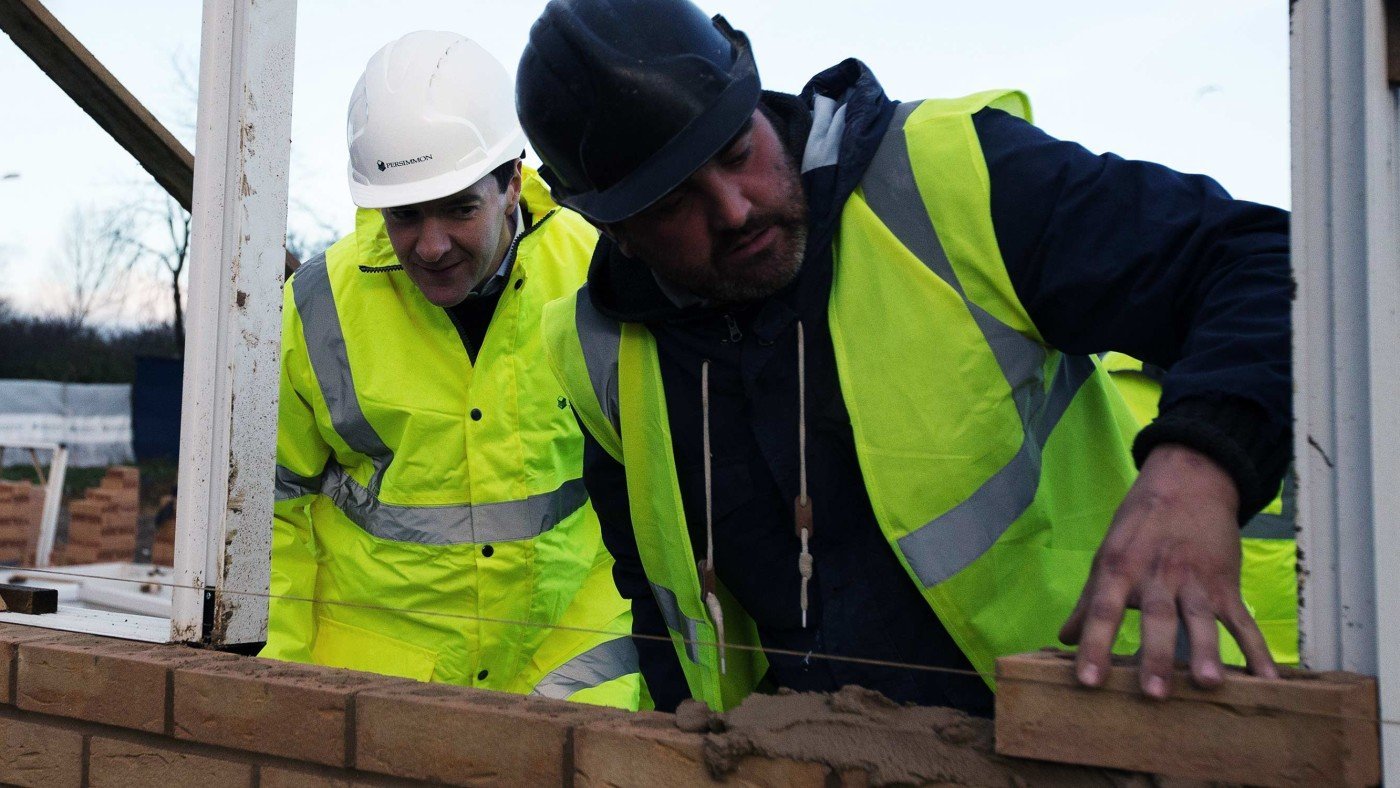A housebuilding boom has begun. Hardly a day goes by without some exciting housing announcement from the Government and the property industry is running red hot with excitement.
Industry contacts report that a grape fruit of new build permissions is working its way through the snake’s belly of the planning system. One of the few areas of the stock market doing well is housebuilders and their shares are going through the roof, unnoticed in Westminster.
Earlier this week Taylor Wimpey said it was building more homes than at any time in the last six years. Jefferies, a stockbroker, released a research note upgrading its share price targets across the sector by a massive 18%.
On the face of it, this is surely a good thing. The lack of homes to rent or buy is one of the great social and political ills of our times.
I hate to be a party pooper, but there are grounds for concern. While the Government’s intentions are laudable and some of its ideas are good, it has embarked on a blizzard of often contradictory and economically illiterate interventions. Market distortions are being piled, one upon the other and the ingredients of a bust being accidentally assembled.
First, demand – already buoyant – is being artificially inflated through dozens of initiatives including Help to Buy, subsidised mortgages, a new category of Starter Homes supposedly sold at discounts, Right to Buy for Housing Association tenants and a special ISA for first time buyers.
Second, there is a massive shortage of skills in the sector. Indeed, some 165,000 new brickies, carpenters and electricians are required if housebuilding is to go back above 200,000 units a year, the level which analysts believe is necessary to meet demand. Governments of all persuasions have spent so long encouraging school leavers to eschew a trade for a service industry that inflation and shortages are now endemic in the housing supply chain.
Third, despite the cheering in some circles about the chancellor’s new stamp duty regime, with a ladder of rates up to 15% for second homes over £1.5m, it is actually disastrous. As any economist will tell you, high and complex transaction taxes suppress volumes. Overall house sales are half what they were at their peak in the 1980s and well below the level they were before the crash in 2008. Sales of premium properties have slowed dramatically.
Low volumes in any market are a bad sign. Pricing signals – and consequently the allocation of resources – are distorted. Risk is elevated and rational investors, buyers and sellers are deterred. Millions of people believe they cannot afford to move, stifling labour mobility. Builders are being incentivised to build tiny one and two bedroom flats, with short leases and high service charges rather than proper freehold family houses.
As these miniature residences are categorised as Government Starter Homes, they cannot be sold or let for five years and the buyers, who have been encouraged to buy with only 5% deposits, will be stuck if their lives change or the economy turns down.
Higher rates of stamp duty bite hardest in London. Housing is already a major issue for the Mayoral election and so there could be political consequences for the new stamp duty regime too.
Some of the wilier housebuilders, like Berkeley Homes, who have experienced numerous booms and busts before, are simply capturing the gains in prices, and returning capital to shareholders via special dividends rather than spend it all getting on the building bandwagon. That is an alarm bell, if ever there was one.


